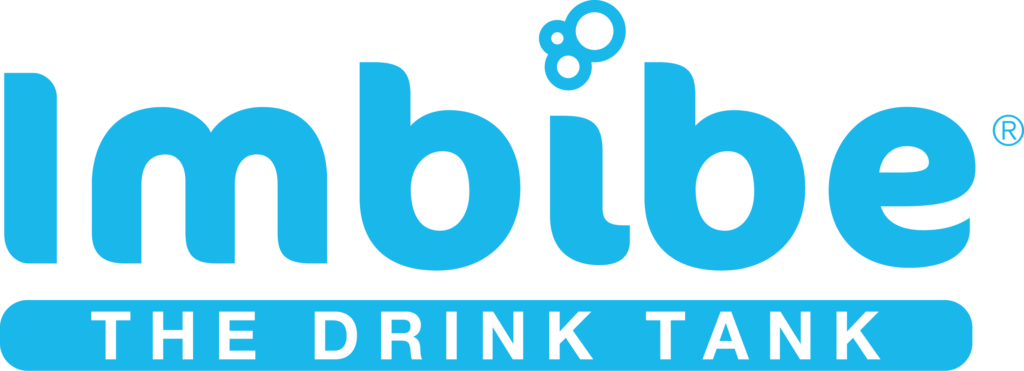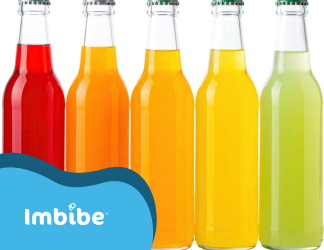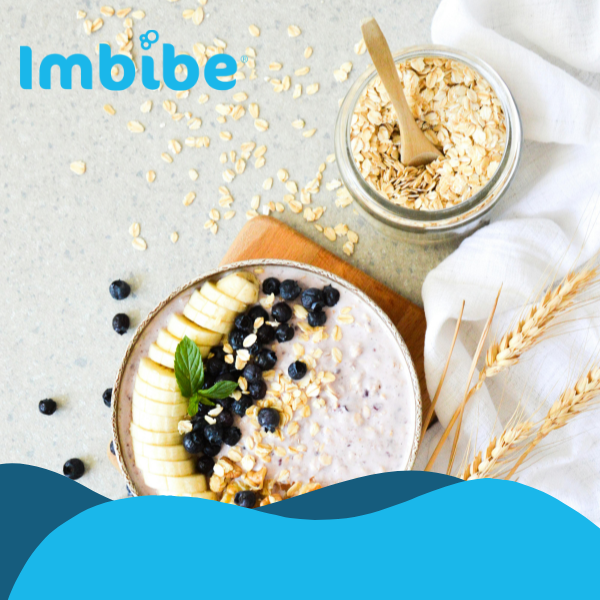Your source for the most up-to-date information on emerging beverage trends.

#Trendspotting: Alt Dairy
Dairy alternative milks are the most popular plant-based products in beverage and they are expected to bring in $2.7 billion by 2022 with a CAGR of 4.4%. Driving growth is the prevalence of lactose intolerance, increased adoption of veganism, and perception that plant-based products are healthier and more sustainable than their animal-based counterparts. Here are the latest trends and innovations in the dairy alternative category.
Personalized Plants
Consumers have a lot of choices when it comes to plant-based milks so they can pick and choose products that address their flavor preferences, sustainability concerns, allergen and nutritional needs, and usage occasion.
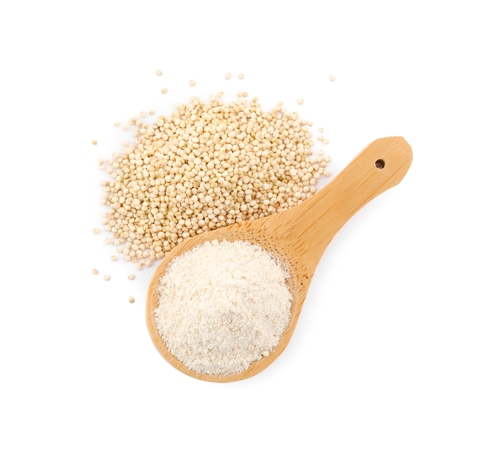
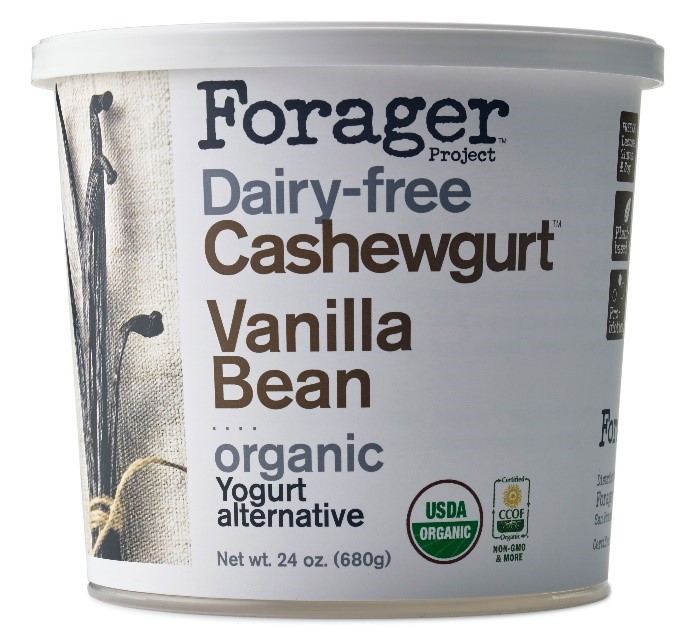
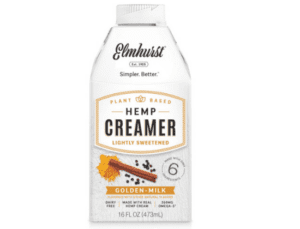
Milkadamia uses macadamia nuts that are unadulterated so the health and taste of the product remain intact. Some of the macadamias used in the product are from the brand’s farm in Australia and are grown using regenerative methods that protect the environment. However, due to popularity of their products the brand had to find additional sources of macadamias to keep up with demand.
Hope & Sesame sesame milk claims their product is more sustainable than other plant-based options and is a delicious and nutritious replacement for milk in coffee, cereal and smoothies.
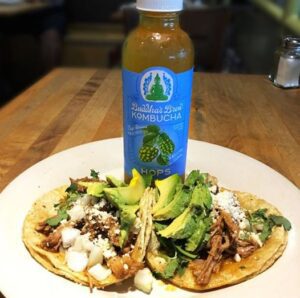

Yo Fit claims their chickpea milk offers abundant nutrition, is keto-friendly, more clean label than other plant-based milks, and great for baking.
The Oat Craze
Oat milk is one of the most buzzed about plant-based milk products and it could eventually challenge almond milk as a market leader. According to Nielsen, oat milk sales grew by 50% from 2017 to 2018 while almond milk sales grew by only 11%.

Oatly started the oat milk craze when it was introduced to U.S. coffee shops in 2016. It became so popular that there was an oat milk shortage, so the brand is opening a U.S. factory this month that will increase volume as much as tenfold.
Coffee Mate jumped on the oat bandwagon and launched an oat-based dairy alternative creamer under their Natural Bliss brand at the beginning of 2019.

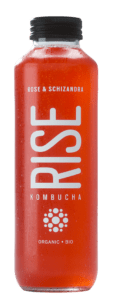
Rise was one of the first brands to launch a RTD latte with oat milk. Since the oat milk craze started in coffee shops it was only a matter of time before it was incorporated into RTD products.
Oat milk is so popular that there are already dairy alternative products using it like So Delicious oat milk frozen dessert and Halsa Drinkable Oatgurt.
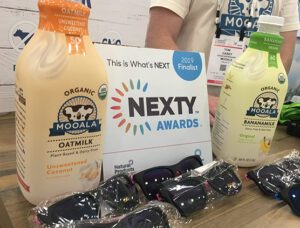
In Your Cup of Joe
One of the most popular applications for plant-based milks is with coffee products. Many brands launch barista blends that are designed to create a thick, frothy foam and stay stable when added to highly acidic coffee.

Many dairy alternative brands launched plant-based creamer line extensions using ingredients like almond, coconut, macadamia, hemp, and oat. Nut Pods is one of a handful of brands that exclusively sells plant-based creamers.
Bhakti Chai launched RTD tea lattes with cashew milk last year and has sold out of several SKUs online.
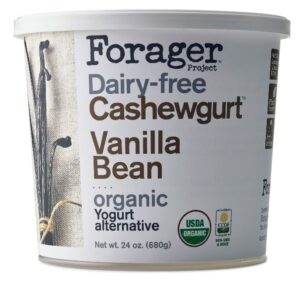
Beyond Beverage
Milk and creamer aren’t the only applications for dairy alternative milks. Plant-based products have become so popular that brands like Ben & Jerry’s, Jeni’s Splendid Ice Cream, Halo Top and more have launched frozen desserts made with almond, oat, coconut, or cashew milk.

Reddi-Wip added to their line of whipped creams with non-dairy almond and coconut milk whipped toppings.
Cashew, almond, coconut and soy milks are also being used to create non-dairy yogurts. Chobani, who is known for dairy-based Greek yogurt, launched a non-dairy option made with a cultured coconut blend earlier this year.
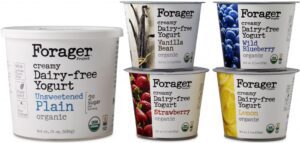
Check out more on #TRENDSPOTTING. Visit our blog here.
